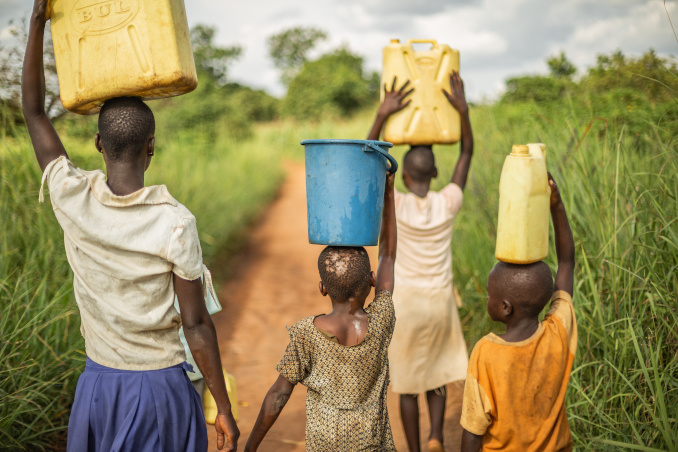This is the first in our series on Water Solutions.
By James Quaid
One of the main reasons we are a “First World” country is due to our sanitation and water infrastructure. Any degradation of these systems will be a major problem. See Detroit, MI for details. There have been lesser malfunctions with other U.S. water systems over the years, including brain-eating amoeba, flood contamination, rationing, etc. So, having a water cache is prudent.
Please note, you should check your local municipality’s regulations on water storage and cistern systems. Some counties require a permit for tanks above a certain capacity and some jurisdictions forbid the use of rainwater collection.
Do’s:
- Everyone should have the capability to store water. One of the main causes of death after Hurricane Katrina was the lack of clean drinking water.
- If you can put in a well within your budget and your property has a persistent water table depth, you should do so.
- Keep it simple. If you are comfortable installing a full house system, by all means do so. However, you should have a methodology to retrieve water from your system if the power goes out. Again, be aware of local building codes.
- Please note, a garbage can with a hand pump with a good gravity-fed filter system is much better than nothing. If your local jurisdiction forbids rainwater collection, wells, etc. then find a method of water storage that works for you!
- Invest in an excellent water filtration system and have replacement cartridges / filters on hand.
- Nothing exceeds like excess; seal your system against bugs and critters, especially mosquitoes.
- Prefilter water in dustier climes. Micro dust can easily get through screens. This will extend the life of your filtration system.
- Have a portable filter/s in case you have to hit the road.
- Perform regular maintenance on your system/s. Check your collection tanks for smells and other signs of contamination.
Don’ts:
- Don’t use opaque tanks w/o painting same. Algae will take over that tank, especially in warmer, sunnier climes. Algae will remove heavy metals at a 80:1 ratio. But, it’s almost impossible to remove after a serious colony gets established.
- Don’t exceed the life span on your filtration system. (If you are forced to push the limits of your filtration system due to extreme circumstances, change your filters sooner rather than later.)
- Don’t collect rainwater if you’re in the fallout path of a Fukushima or other highly toxic pollutant source.
- Don’t make it known that you have a large water cache.
Favorite Filters:
Purchasing Tips and Tricks:
- Search Craig’s List, etc. for affordable tanks and other cistern components.
- Garage sales are your friend.
- Note: The costs of 55-gal food-grade drums and 250-gal tote tanks have soared in the past few years, not to mention the cost of the associated plumbing hardware in the Covid era.
State Water Regulations:
Additional Resource Videos:

